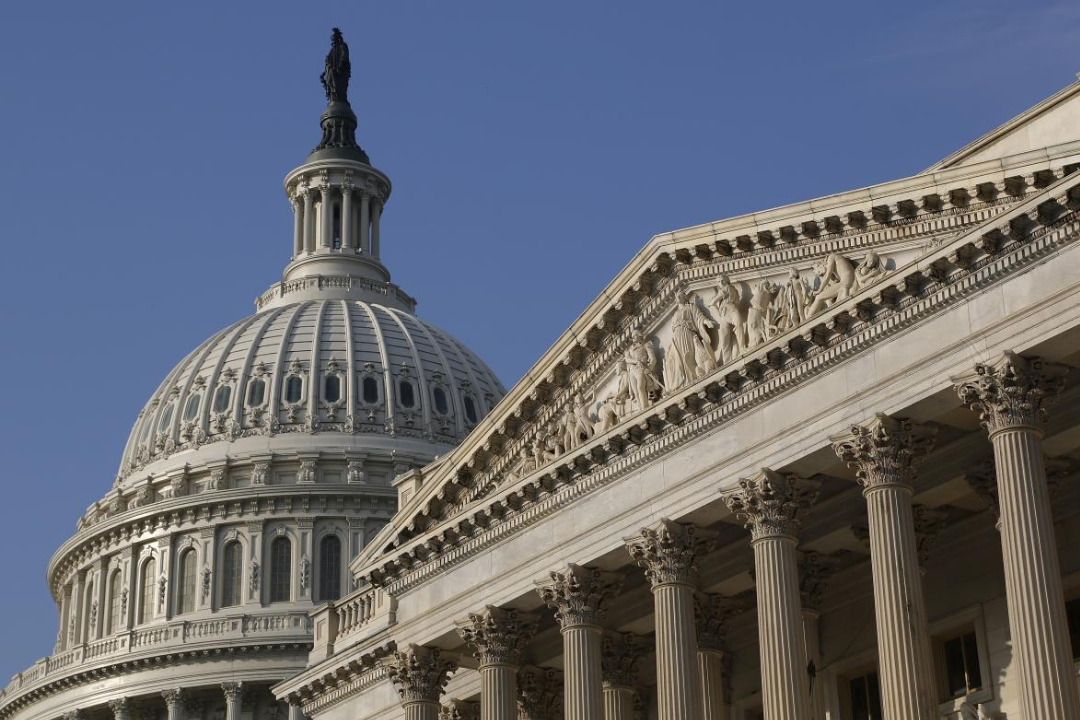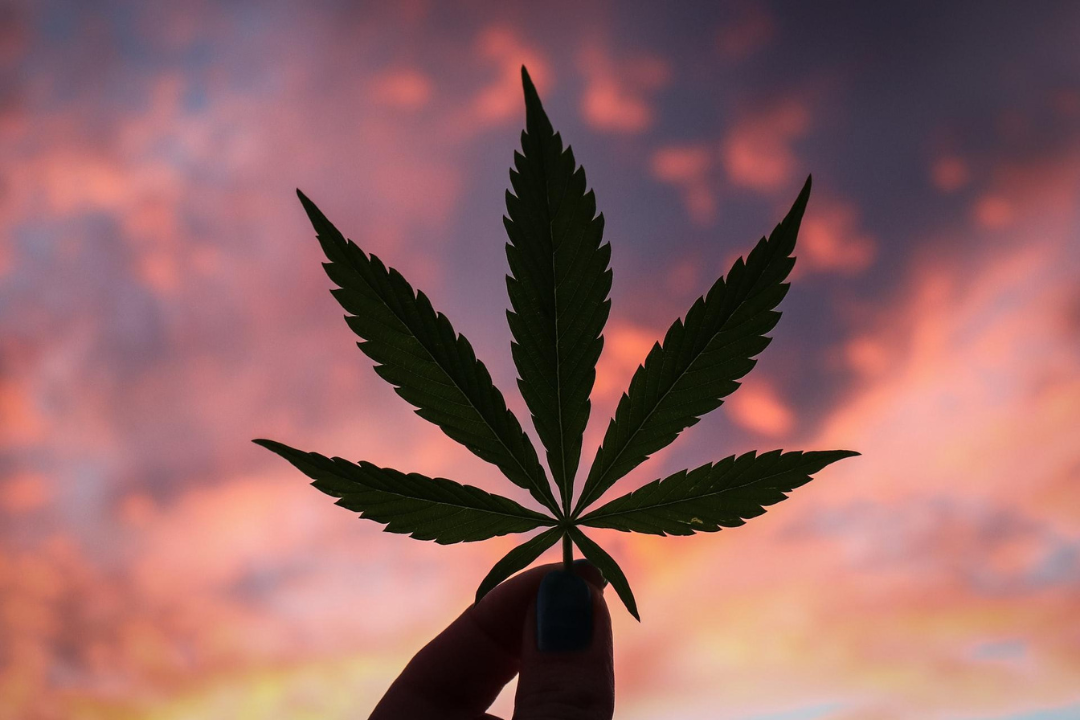There is one cannabis question that is regularly searched on a variety of internet platforms: How many states have legalized adult recreational cannabis use to date? As a professor of cannabis law and a legal analyst for emerging cannabis companies, this is exactly the question I get asked a lot. My answer is always the same, regardless of the date or year: “It depends on how the legalization is defined.”
State cannabis legalization can be done in two ways.
One way is indicated by the states that allow the voters to put topics for a vote on the ballot paper. The other way is through the legislature when the assembly of a state writes and passes legalization laws that are ultimately signed by the president of that state.
So defined, Connecticut became the 19th state to legalize adult recreational use when Connecticut Governor Ned Lamont signed a bill on June 22, 2021, that was passed by the Connecticut legislature.
However, this does not mean that Connecticut’s already existing medical cannabis program has transformed or expanded into an adult recreational system overnight. Rather, according to the provisions of the 184 pages of the legal analysis for the law entitled “A LAW ON THE RESPONSIBLE AND EQUAL REGULATION OF CANNABIS FOR ADULTS”, the possession of small quantities of cannabis would be decriminalized from July 1, 2021. Also in motion and announced by the Connecticut Administration, regulated adult recreational activities through pharmacies would begin the following year. Connecticut’s new law also includes social justice and justice components to include an automatic repeal of the drug conviction provision that will begin in the near future.
Six weeks before Connecticut, New Mexico legalized adult recreational use on April 12 when New Mexico Governor Michelle Lujan Grisham signed a bill that had previously passed a Recreational Act. New Mexico law allowed adult retail sales to begin no later than April 1, 2022.
Recreational cannabis legalization in New Mexico came five days after Virginia successfully passed legislation to legalize adult recreational activities. As the Virginia Legislature on the 7th, the governor of Virginia revisions to the legislation also brought forward the date that adult use in the state would begin January 2024 through July 2021.
Virginia legalization was preceded by New York (Adult State Number 16), which opened on Jan.
The South Dakota problem
But those numbers will fall like dominoes and change with the numbers passed this year, each resetting a number based on what happens in the South Dakota Supreme Court. This state was one of five to have cannabis initiatives on the ballot in the November 2020 election (the others were Arizona, Mississippi, Montana, and New Jersey).
But after voters made their wishes known, there was a backlash from government officials and courts in two of the states, South Dakota and Mississippi.
Some of the South Dakota elected officials (including the governor of that state) launched a campaign to undermine the will of the electorate and support both medical and adult recreational initiatives, which were adopted by a clear majority of South Dakota voters void. The same thing happened in Mississippi, where government officials challenged the approval and enforcement of the state’s electorate’s legalization plans in court.
Initially, the South Dakota governor attempted to block the implementation of the Measure 26 medical program, which was approved by two-thirds of South Dakota voters. Governor Kristi Noem issued a statement against legalizing cannabis in South Dakota, claiming that legalization was “the wrong choice” for South Dakota.
However, given factors like the brevity of the South Dakota legislature, the medical cannabis initiative has stalled and it looks like medical cannabis will be launched in South Dakota by the end of the year. However, officials in South Dakota have been more successful in halting adult recreational use.
On February 8, 2021, a judge from the state of South Dakota ruled against the voters and declared the voters in South Dakota to approve an election initiative for adult recreational cannabis. Proponents of legalizing recreational activities appealed the decision to the South Dakota Supreme Court. The highest state court in South Dakota heard oral arguments (for and against) on April 28, 2021.
The presentations by the parties and the commentary by the judges gave no clear indication of the Supreme Court’s decision. At the time of writing, it is not clear how the South Dakota judges will rule.
So how many states have legalized adult cannabis?
U.S. Cannabis Legalization Ordinance for Adults *
- Colorado (2012)
- Washington (2012)
- Alaska (2014)
- Oregon (2014)
- California (2016)
- Maine (2016)
- Massachusetts (2016)
- Nevada (2016)
- Vermont (2018)
- Michigan (2018)
- Illinois (2019)
- New Jersey (2020)
- Montana (2020)
- Arizona (2020)
- South Dakota (2020)
- New York (March 31, 2021)
- Virginia (April 7, 2021)
- New Mexico (April 12, 2021)
- Connecticut (June 22, 2021)
Note: Legalization is defined here as the day on which voters with a majority of the votes are successful in an adult recreational legalization ballot initiative, or the day on which legislation is passed and approved by a legislature or assembly of a state / or by the time an executive veto has expired) by the governor of a state. That list of states includes South Dakota, where adult legalization is under discussion and a decision from the South Dakota Supreme Court is expected shortly.
According to the definition of legalization in this article, it is more than appropriate that South Dakota should stay (questionably) on our voter-have-legalized-adult referral because South Dakota’s adult recreational program is appealing but South Dakota voters approved the initiative have performed.
How many states have legalized adult recreational use will be decided by the five justices of the South Dakota Supreme Court. The summer break is expected to end with the South Dakota Supreme Court’s tenure in September. If that court rejects recreational legalization and removes South Dakota from its adult legalization list, Connecticut will no longer be the 19th state for adult consumption, but the 18th New Mexico would then follow suit and become number 17 return, Virginia to number 16 and New York to number 15.
To paraphrase UK-born poet Elizabeth Barrett Browning, much of the answer to how to count the number of legalized adult recreational cannabis states depends on how legalization is defined, and what the state courts want the state courts to be Voters have to say.
For now, our count is paused.
Julie A. Werner-Simon is a law professor at Drexel University’s Kline School of Law and an aspiring business lawyer at the LeBow School of Business.





